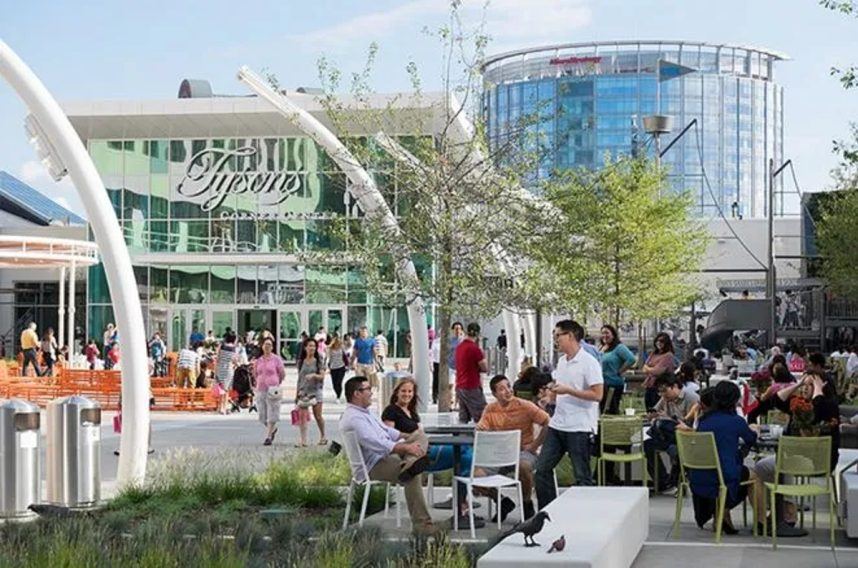Published on: October 18, 2024, 03:29h.
Last updated on: October 18, 2024, 03:29h.
Several unions in Virginia and the Washington, D.C., metro area are planning to gather next week to show support for a gaming resort in Tysons, located in Fairfax County, which is home to many major corporations.

On Tuesday, October 22, at 8:30 a.m., the Fairfax County Jobs Coalition, comprised of unions and trade groups such as the Northern Virginia AFL-CIO, Unite Here Local 23, Fairfax County Federal of Teachers, Building Trades Unions, and SEIU Local 32BJ, will advocate for a casino resort in Northern Virginia. The rally will take place outside the Fairfax County Government Center before the Board of Supervisors meeting.
David Walrod, president of the Fairfax County Federation of Teachers, stated, “This is a crucial opportunity to generate additional tax revenue for schools and county services, which are greatly needed.”
During the 2023 legislative session of the Virginia Assembly, state Sen. David Marsden (D-Fairfax) proposed legislation to permit Fairfax County to host a casino. Currently, only four cities in the state are authorized for casinos with slot machines, live dealer table games, and sports betting – Norfolk, Portsmouth, Danville, and Bristol. Petersburg may become the fifth city soon.
2023 Casino Plan Halted
Despite facing opposition from Fairfax County residents, homeowners associations, and the Board of Supervisors, which officially opposed the casino in January, Marsden believes the county needs to diversify its tax revenue following the effects of COVID-19. Fairfax County has a significant amount of office space, some of which remains vacant due to changes in work environments during the pandemic.
Tysons and McClean are home to many large companies like Hilton Worldwide, Capital One, Freddie Mac, and Booz Allen Hamilton. A significant number of employees commute from Washington, D.C., to these Virginia neighborhoods via the Washington Metro Silver Line.
Marsden and Del. Wren Williams (R-Stuart), who supported the Fairfax casino proposal in the House of Delegates, introduced their bills after collaborating with a regional real estate developer interested in a casino resort project. The gaming bills were withdrawn after objections from the local community and complaints from county supervisors about being uninformed about the proposal. The bills aimed to limit the casino to a specific location – a former car dealership in Tysons along Route 7, which Comstock planned to transform into a casino, resort, and convention center.
Marsden feels it is his duty to “provide options for my county” to prevent escalating property taxes. He remains dedicated to the casino discussion and is expected to reintroduce a bill for a Tysons casino when the Virginia General Assembly reconvenes for the 2025 session on January 8.
Comstock proposed a 200,000-square-foot casino floor that could accommodate thousands of slot machines, over 100 live dealer table games, and a sportsbook. The resort plan, covering four million square feet, also included a hotel, multiple dining venues, convention space, a performing arts center, and affordable housing.
Consistent Opposition
Marsden estimates that hosting a casino could bring $140 million annually to Fairfax County through gaming, property, and other taxes. While the casino project has gained support from several unions, who hold political influence in Richmond, it has faced almost unanimous opposition from residents and local governments.
Fairfax Supervisor James Bierman (Dranesville) mentioned in January, “I’m hearing consistent opposition from my constituents.”
The unions aim to gain support by highlighting the tax benefits and the potential for creating thousands of new union jobs, offering opportunities for small and minority-owned businesses to collaborate with the resort, increasing funding for public education, and possibly lowering residential property taxes.


